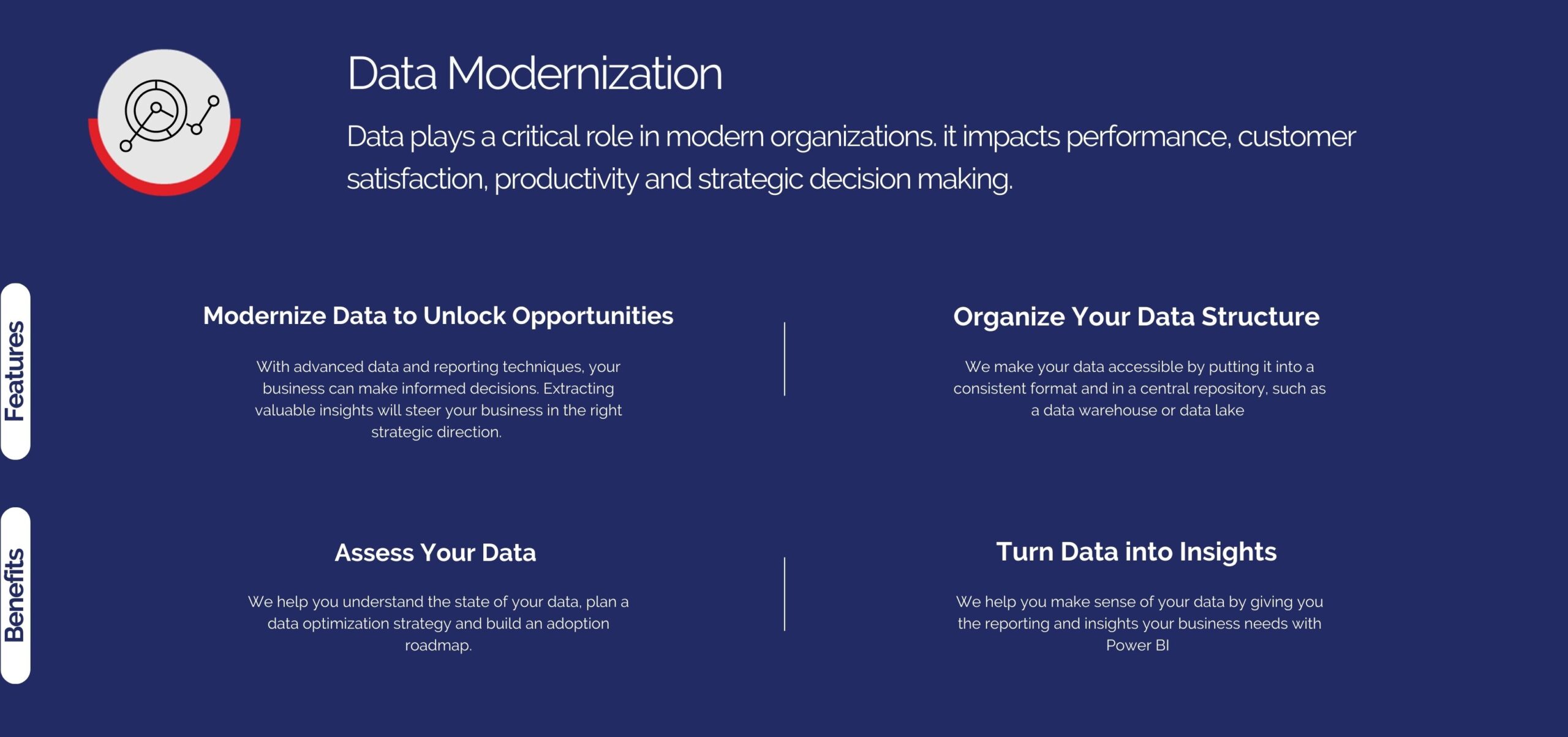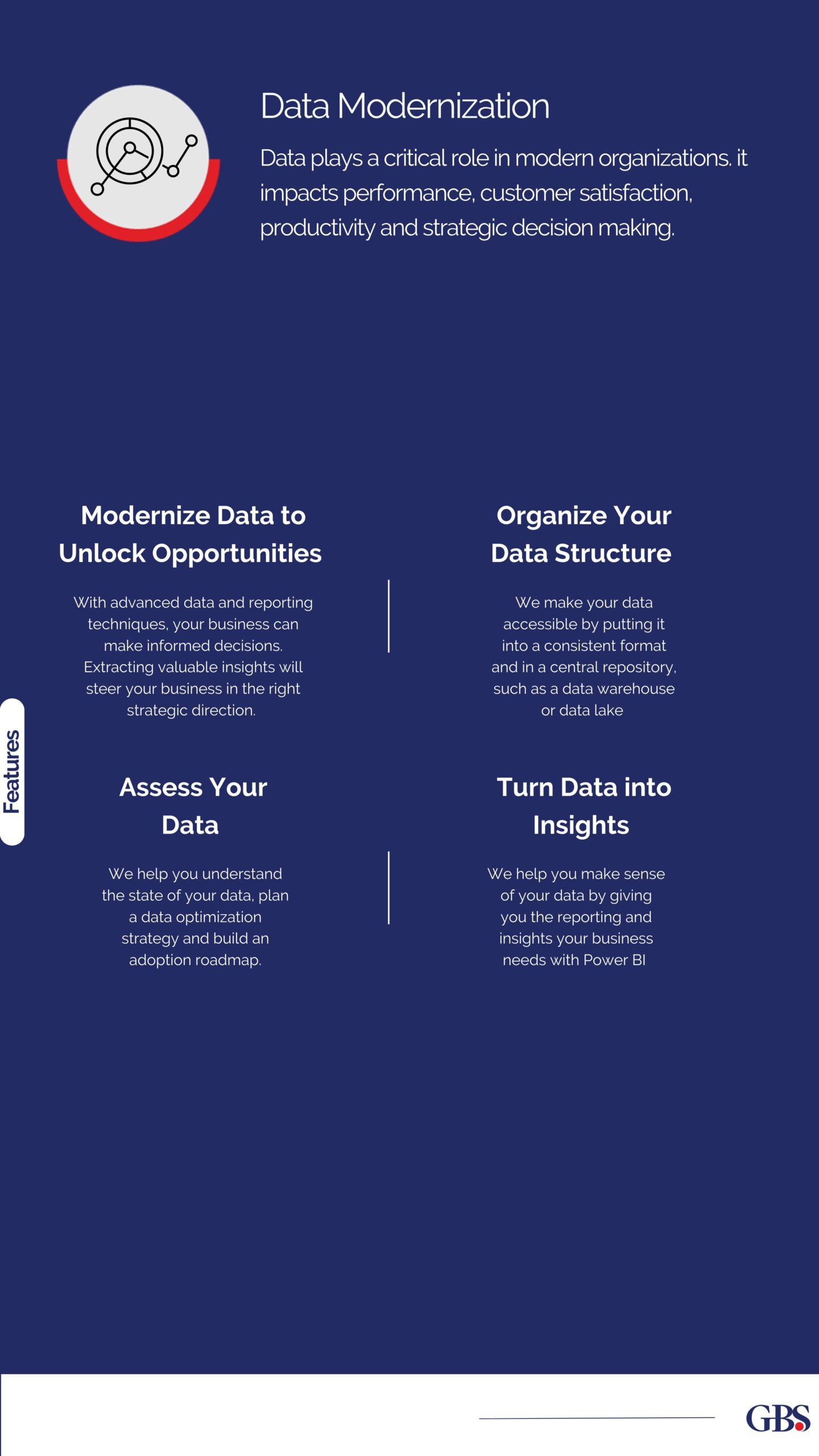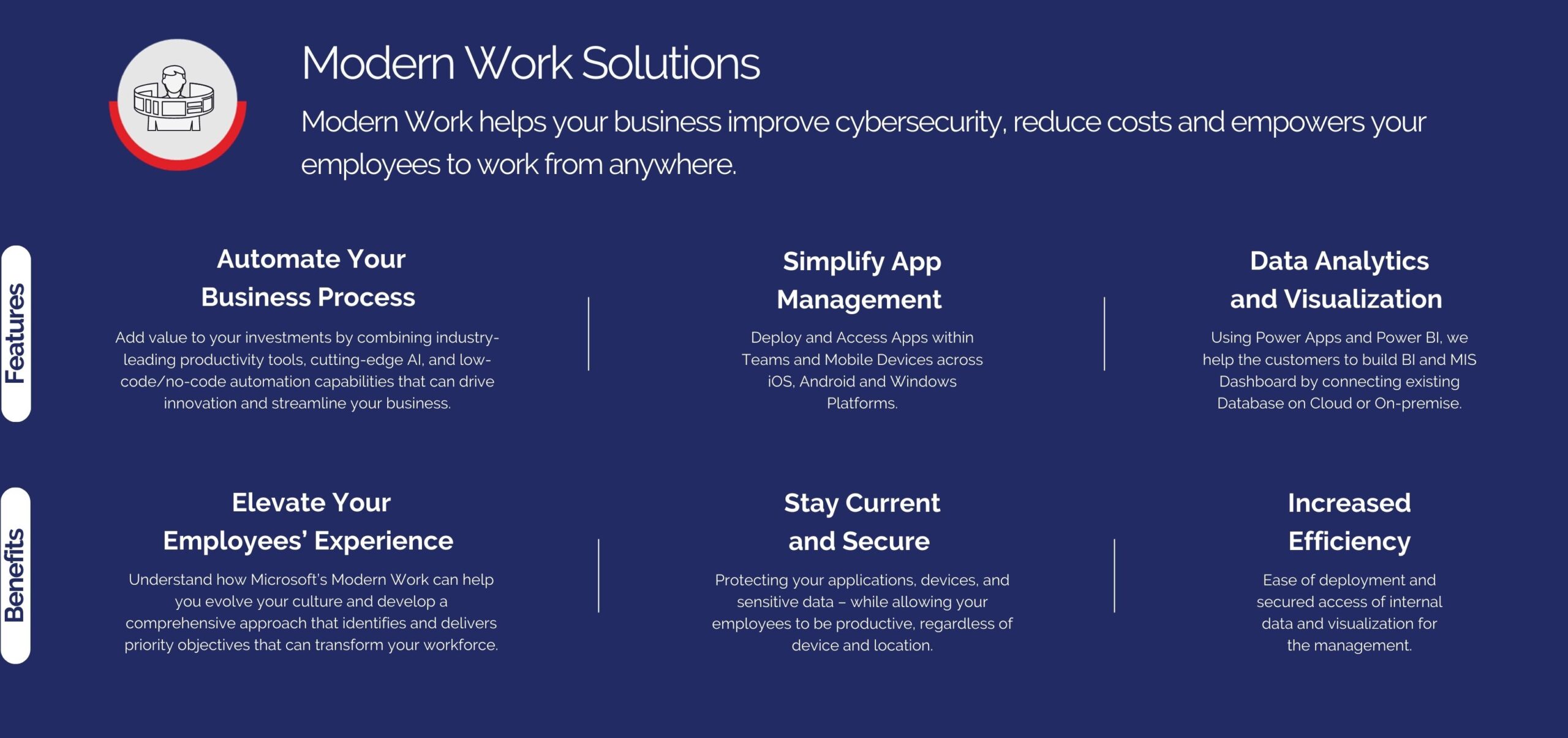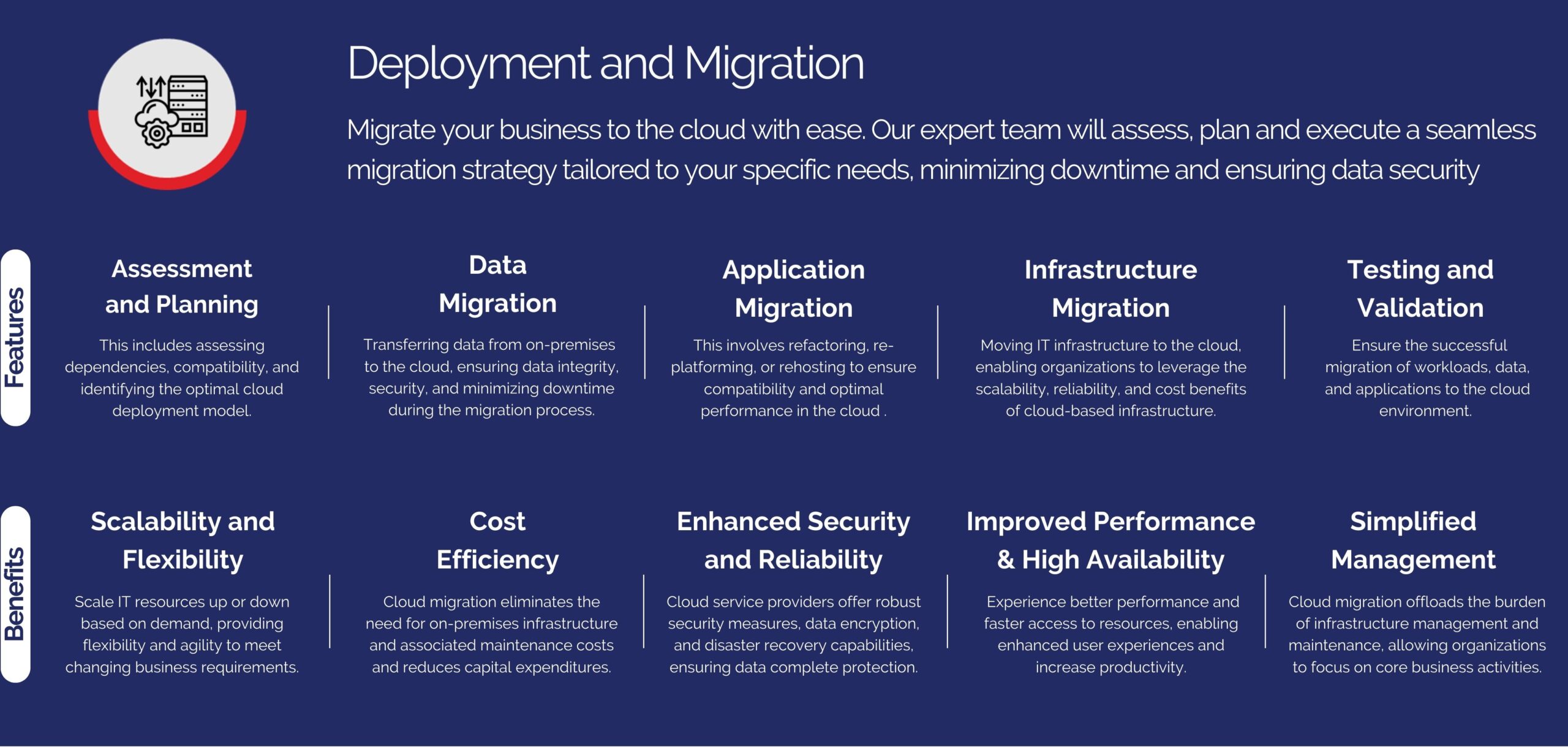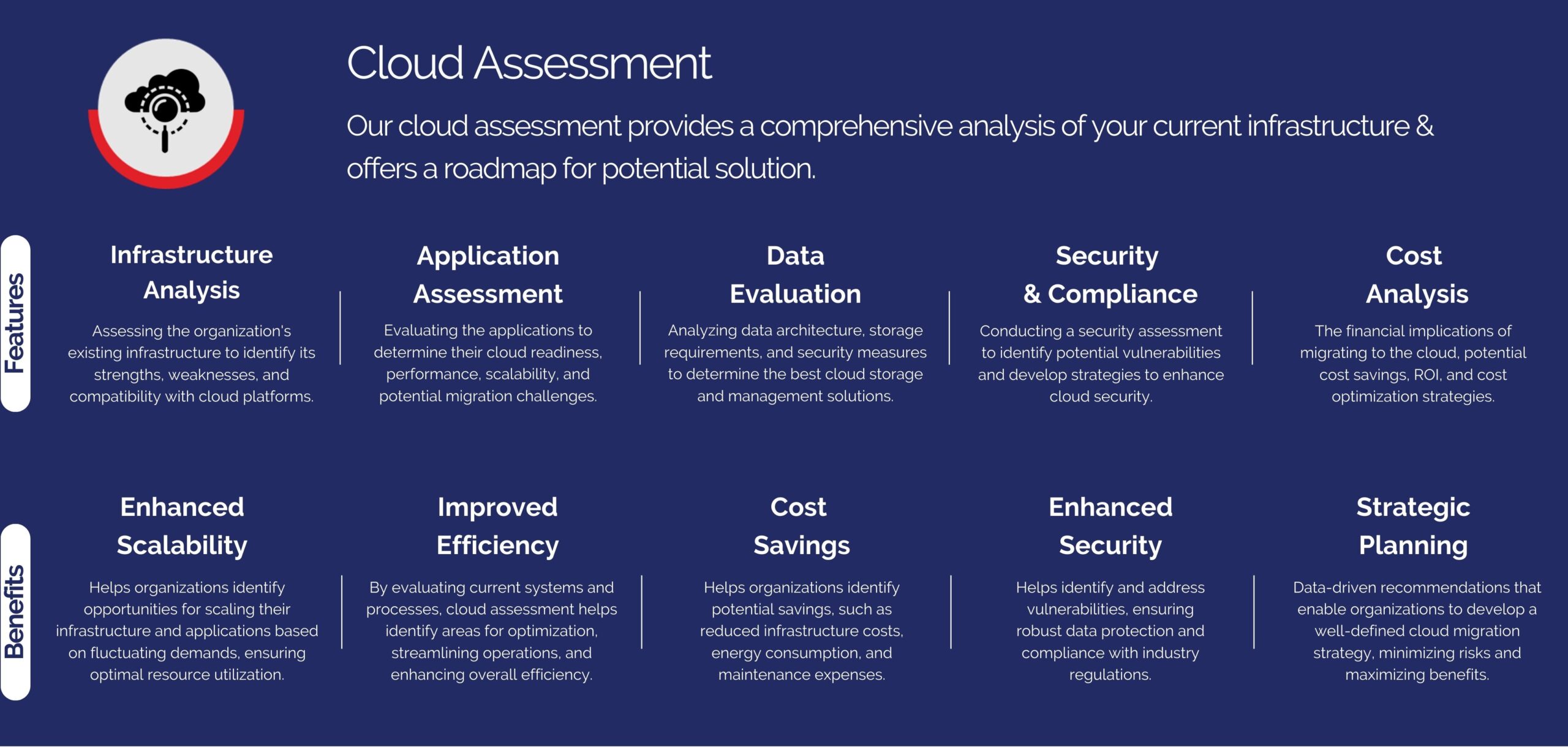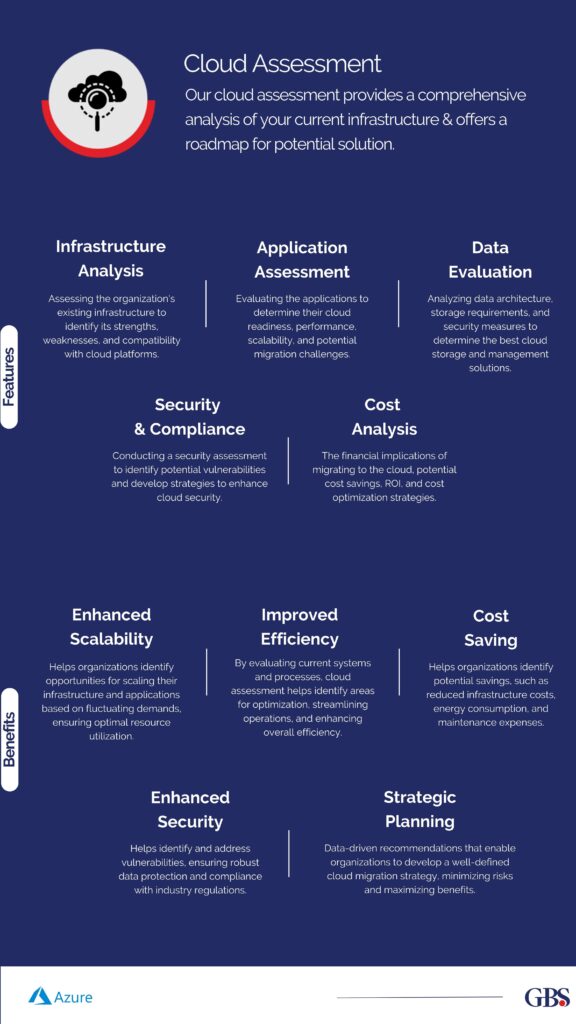8 Types of Managed Services You Should Know About

Maintaining an effective and secure IT infrastructure is crucial to businesses of all sizes in the modern digital world. However, managing it internally might be difficult as it demands expert skills and resources. This is where managed services step in! Outsourcing specific IT operations to a managed IT services provider can help you free up internal resources, improve operational efficiency, and get access to professional abilities.
Nowadays, almost everything relies on a complex ecosystem of technical infrastructure, software, and security measures. For certain companies, managing this territory in-house can be a costly and exhausting burden. Comparatively, managed services provide a possibility for outsourcing significant IT operations to providers.
In this blog post, we’ll go through eight types of managed services accessible and provide insights into effective ICT outsourcing.
Top 8 Types of Managed Services and Why You Need Them!
To select the best-managed service provider (MSP) for your company’s requirements, you have to first comprehend these eight types of managed services mentioned.

Infrastructure Management –
- Infrastructure management is the base of managed services, including network management, server maintenance, data center operations, and disaster recovery.
- In simple terms, MSPs maintain the day-to-day operation of IT infrastructure components like servers, storage systems, and virtualized platforms for maximum efficiency, stability, and security. This managed service is intended for businesses of all sizes that require robust IT infrastructure and proactive maintenance.
- Network monitoring involves proactively addressing performance and security concerns with network components such as routers, switches, and firewalls.
- Server management services monitor hardware and software for reliability, performance, and data security.
- Data storage solutions maximize data accessibility, security, and efficiency by managing storage systems such as SANs, NAS, and cloud-based storage.
Cloud Services –
- Migration to the cloud solutions offers benefits, like versatility and cost-effectiveness. Managed cloud services may help you plan, depart, maintain, and optimize your cloud infrastructure. Managed cloud services ensure smooth cloud use and adoption. Providers administer cloud infrastructure (IaaS) such as Azure or AWS and also move and optimize apps (SaaS). If you’re considering a cloud migration strategy or wish to use technology, this managed solution is for you.
- Cloud Migration Services help businesses migrate their on-premises systems and applications to the cloud. Consequently, ensuring a smooth transition while reaping the perks of cloud technology.
- Cloud infrastructure services manage and optimize cloud infrastructure elements such as virtual servers, storage spaces, and networking for reliability, safety, and scalability.
IT Consulting Managed –
- IT consultants can help companies maximize their IT investments and stay ahead of the technological curve. They may examine your company’s requirements, offer solutions, and create a long-term IT strategy. Experts may also provide technical advice on budget planning, securing your IT systems, software selection, and project execution, allowing you to make smart decisions.
- IT consulting may bring numerous benefits to your business, as outsourced IT experts keep you up to date on the latest trends in IT services.
- The best-managed IT service providers improve your company’s collaboration, efficiency, and profitability by using strategic planning and goal-setting. Consultants can also verify that your systems fulfill industry-specific standards.
Cyber Security Services –
- While cyber threats are constantly changing, managed security services protect sensitive information through real-time monitoring, intrusion detection, and incident handling. Security management is responsible for protecting a company’s IT systems, data, and private information from cyber threats, violations, and illegal access.
- Threat detection and response services involve monitoring IT systems for illicit activity, recognizing potential security threats, and responding quickly to reduce risks and prevent data breaches or cyberattacks.
- Firewall management services cover configuring and maintaining firewall devices that restrict the flow of network traffic, impose privacy laws, and protect against unauthorized entry and harmful activity.
- Endpoint security services strive to protect devices, such as laptops, desktops, mobile devices, and servers, from viruses, ransomware, and other cyber threats via antivirus programs and encryption.
Software Management –
- This comprises updating, upgrading security, and boosting performance for applications that are essential to business. It oversees and maximizes software programs throughout their lifespan, from installation and improvements to performance tracking and debugging.
- Application deployment and update services include deploying new software applications. Simultaneously, preserving software licenses, and applying updates and patches to keep them up-to-date and secure.
- A professionally managed IT services provider tracks app performance, identifies obstacles, and executes adjustments. to enhance the customer experience and productivity.
Data Backup & Disaster Recovery –
- Data Backup and Disaster Recovery services include periodic backups of essential corporate data as well as techniques for data restoration in the case of a disaster or data loss. Managed service providers provide regular, secure, and easily accessible backups to allow for rapid restoration, lowering interruption and the risk of data destruction.
- Undoubtedly, all IT infrastructures and networks depend on massive amounts of data. This data is gathered and organized in a readily accessible style in a major database (DB) or a collection of databases.
- Databases are of two types: relational databases (SQL), which store sensitive data in table format, and non-relational databases (NoSQL), which store data in non-tabular formats for extensive documentation of various sorts of data.
- With an MSP, your company’s data will be backed up on a regular basis to prevent data loss, and backup monitoring ensures that your systems are ready to recover if an issue occurs.
Managed Software as a Service (SaaS) –
- This category of MSPs provides software applications that your company may use during the course of your agreement. These programs may be created by the MSP or obtained from other sources. This service frequently provides cost-effective opportunities for your team.
- Suppliers provide organizations with access to a software platform that is generally based on subscriptions. Office 224, global interaction software, and anti-virus products are among the examples.
Communication Services Management –
- These managed services involve the management of communication technologies such as VoIP (voice over the internet) and conferencing. They ensure smooth, real-time communications, which are crucial to modern business operations.
- MSP also acts as a third-party call center, answering client service and support queries. As a result, companies may provide excellent client service without running their own call center.
Free Consultation
Each form of managed IT service provides distinct benefits, and choosing the right combination may have a big impact on your company's success. Partnering with the best-managed IT service providers could result in effective IT outsourcing and increased growth, as managed services are an investment.
Secure your future today!
Qualities to Look for in Managed Service Provider
Global Business Solutions (GBS) offers peace of mind when it comes to managed IT services.
Responsive services: Managed service providers must be responsive. They must provide 24-hour support. The faster they execute a proper task, the higher the quality.
Multiple network options: To provide comprehensive service, reliable MSPs must fulfill the requirements of their clients and provide multiple resources or network connections.
Pricing for service level agreements: A reputable service will provide variable pricing based on the needs and resources of the client businesses.
Advanced security: To combat disasters, hacking, and data loss, MSPs must use modern, best-in-class security techniques.
Backup recovery options: If an MSP has interruptions, it is its responsibility to make sure that client businesses may access backup data to carry out operations.
Final Thoughts!
In conclusion, managed services are necessary for businesses trying to streamline IT operations, increase productivity, improve security, and drive innovation. They provide specialized skills, allowing companies to concentrate on core tasks while exploiting the latest technologies.
Each form of managed IT service provides distinct benefits, and choosing the right combination may have a big impact on your company’s success. These services reduce costs while also ensuring that your IT infrastructure remains current, secure, and effective.
Partnering with the best managed IT service providers could result in effective IT outsourcing and increased growth, as managed services are an investment.
Follow us on social media to stay updated on the latest developments – Facebook & LinkedIn
GBS has now released a UAE Cybersecurity Report 2024 that you can Access Here – UAE Cybersecurity Report 2024
The State of the UAE Cybersecurity Report 2024 provides an in-depth analysis of the cyber threat landscape in the United Arab Emirates. As #cyberthreats continue to escalate globally, the #UAE faces unique challenges that necessitate robust defense mechanisms.
Our Previous blog Understanding the UAE Cybersecurity Landscape: Key Insights and Future Directions introduces the key findings of the #report and sets the stage for a deeper exploration of specific aspects in subsequent #blogs.
Access the Full State of Cybersecurity in the UAE – UAE Cybersecurity Report 2024 Today!


